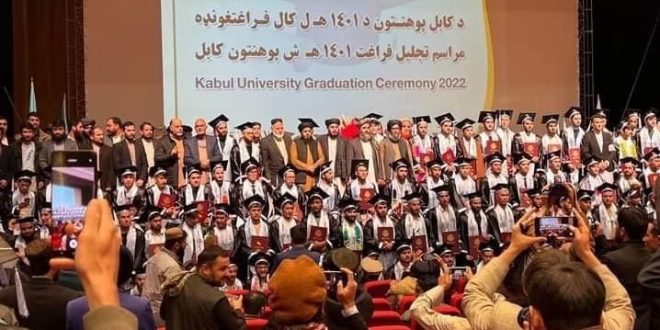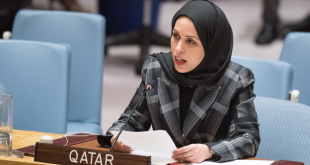AT News
KABUL – In the wake of the Taliban’s takeover of Afghanistan and the subsequent establishment of their Higher Education Ministry, concerns have arisen over the appointments of Taliban-linked individuals to key positions at universities and educational institutions. Numerous public university professors have voiced their dissatisfaction, claiming that the Taliban and their associates have been increasingly assuming top roles in universities across the country.
Based on a Radio Azadi report, Akram Shah Asim and Mohammad Yaqub Haqqani, both from the madrasah religious school system, have been appointed as presidents of Kandahar University and Khost University, respectively. Additionally, three others with ties to the Taliban – Shafiullah Haqqani, Mohammad Sediq Kamal, and Shir Ahmad Abbas – have been appointed to head higher education institutions in Maidan Wardak Province, Nimroz Province, and Paktika Province.
The professors further alleged that the vice chancellor positions in financial and administrative departments, as well as leadership roles in scientific departments, have predominantly been filled with individuals connected to the Taliban or their close allies.
These actions have raised serious concerns among observers, who fear that the Taliban’s imposition of radical religious education may contribute to the proliferation of extremist ideologies in Afghanistan.
Critics have accused the Taliban of failing to uphold their promise to only bring about changes in political positions while preserving professional and academic positions. Many feel disillusioned as non-professionals and individuals with limited education have been assigned to strategic and academic positions, even in violation of Article 23 of the Law for Civilian Higher Education in Afghanistan, which stipulates that university presidents should be selected from among qualified professors with appropriate academic credentials.
Hamed Obaidi, a former spokesperson for the Higher Education Ministry in the previous government, expressed his concern over the impact of these appointments on the quality of education and academic institutions. He emphasized that without academically qualified figures, effective management of academic departments becomes challenging, stressing the importance of adhering to established guidelines for the sake of maintaining educational standards.
Despite these concerns, the spokesperson of the Taliban-led Higher Education Ministry, Ziaullah Hashemi, declined to provide any comment on the matter when contacted by Radio Azadi.
As the situation unfolds, the future of Afghanistan’s education system remains uncertain, with the controversial appointments and policy changes creating anxiety among educators and observers alike.
 Afghanistan Times
Afghanistan Times




